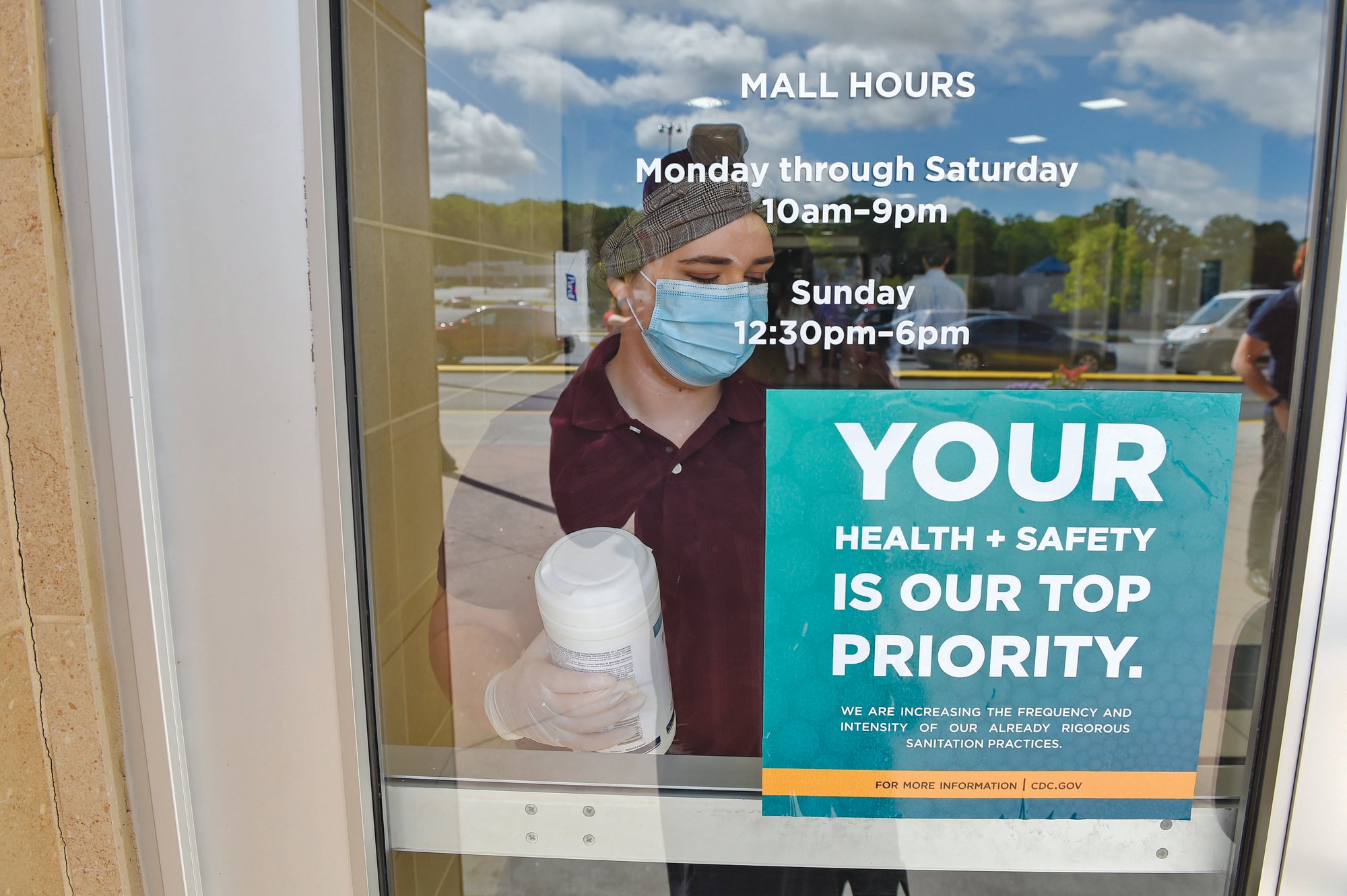S.C. governor faces different pressure to reopen state
The Associated Press
COLUMBIA - Three of the most conservative members of the South Carolina House sent a letter Wednesday to the House speaker, asking him to call lawmakers back to the Statehouse and end the governor's emergency orders over the coronavirus.
The goal of the Republicans would be to let businesses reopen quicker than Gov. Henry McMaster's plan, which he said is based on the advice of health officials.
House Speaker Jay Lucas, also a Republican, refused to talk about the letter Wednesday through a spokeswoman. He has not set a date for the House to return.
McMaster had originally faced criticism and pressure from one segment of lawmakers and the public that he didn't close businesses quickly enough in March to combat the spread of the coronavirus. The letter showed that he is now facing complaints and pressure from legislators and business owners to his political right to reopen faster.
McMaster has repeatedly said he wants to get South Carolina's economy back on track. The governor ran in 2018 on his handling of the state's economy with an unemployment rate falling to less than 3%. Since the shutdown, 14% of the state's workers have applied for unemployment benefits.
But McMaster also said he is listening to health officials who are carefully watching the rate of COVID-19 infections, negative tests and deaths to decide when the peak is past. They also are monitoring the 14-day lag time that can come between infection and symptoms.
The governor's Accelerate SC committee to handle reopening met again Wednesday, this time focusing on restaurants and hotels.
Bobby Williams, the chairman of the South Carolina Restaurant and Lodging Association, suggested a May 4 reopening of outdoor dining areas and a May 18 reopening of indoor dining areas with tables set apart - and potentially other changes for safety like disposable plates and utensils and menus either printed on paper or pulled up on cellphones.
McMaster wondered if Mother's Day on May 10 might be a better target because "everybody ought to take their wife, their mother, somebody out to dinner."
Williams, who owns the Lizards Thicket restaurant chain, pushed back against the idea, saying it might attract large groups and "could get out of hand."
McMaster still has set no date to reopen what he calls close-contact businesses: dine-in restaurants, beauty shops or nail salons.
More than 5,875 COVID-19 cases and at least 203 deaths have been reported statewide, according to an update Wednesday from the Department of Health and Environmental Control.
At least 44 of the dead in South Carolina were either nursing home patients or workers, according to DHEC, which did not break down the figures further.
For most people, the coronavirus behind the pandemic causes mild or moderate symptoms. For some, it can cause severe illness such as pneumonia, or even death.
South Carolina has already begun to slowly reopen. Local governments are removing barricades from beaches. Flea markets and malls are opening their doors. Last week, McMaster let clothing stores, boutiques and jewelry stores open again.
Vacationers may return to the state soon; Georgetown County plans to let its ban on short-term rentals end without extension Friday. South Carolina's most popular beach destination may reopen hotels to visitors Thursday as the Myrtle Beach City Council plans to talk about new rules.
The signers of the Wednesday letter said the governor's reopening group will take too much time and the state needs to listen to ideas like that of a restaurant owner who suggested he could leave every other table empty to protect customers.
"We need to get creative and not let this study committee take weeks or months to solve all the problems for us," said Rep. Josiah Magnuson, a Republican from Spartanburg County.
Reps. Jonathon Hill of Anderson County and Stewart Jones of Laurens County also signed the letter, which said the Legislature could pass social distancing measures after ending the state of emergency.
"If the 'essential' businesses can adopt safe practices to stop the spread of the coronavirus, then the supposedly 'non-essential' businesses can do so as well," the lawmakers wrote in their letter.
Those opposed to reopening too quickly said it could allow a second wave of virus infections and economic shutdowns that will make things worse for businesses and workers.

